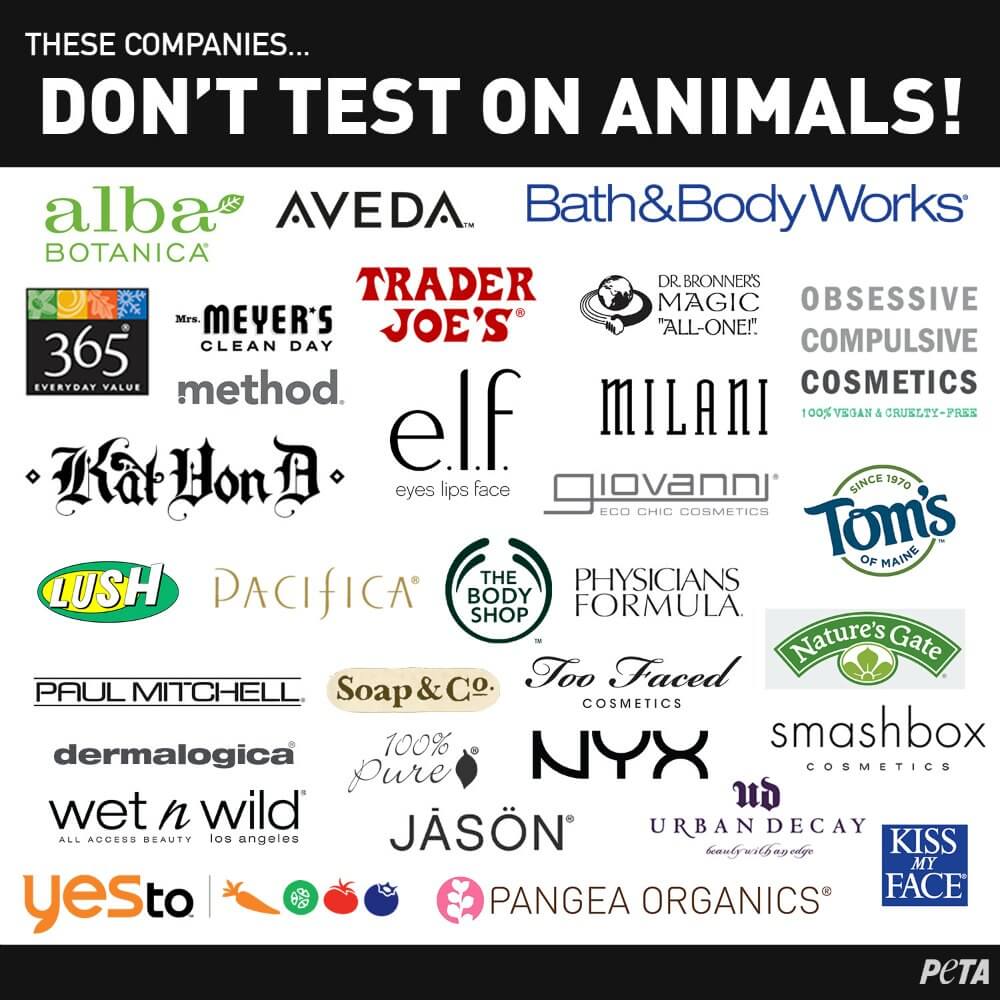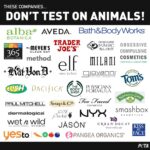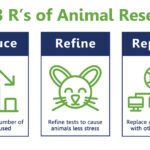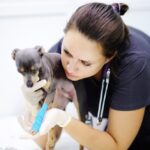As we navigate the ever-evolving landscape of ethical consumerism, the question of whether a brand is cruelty-free has taken center stage. Dermalogica, a renowned name in the skincare industry, has garnered attention for its claims about animal testing. To ascertain its status as a cruelty-free entity in 2025, it is essential to delve into the brand’s policies, practices, and commitments.
Dermalogica, established in 1986, has built its reputation on creating effective skincare products. Over the years, it has positioned itself as a leader in professional skincare, often found in spas and salons worldwide. With such visibility comes significant scrutiny regarding its ethical standards. Consumers increasingly prefer products and brands that align with their values, particularly concerning animal welfare.
To accurately evaluate Dermalogica’s cruelty-free status, one must first dissect its animal testing policy. As of 2025, the brand explicitly states that it does not test its products on animals. This assertion provides reassurance to animal advocates who seek transparency in the cosmetics industry. However, it is critical to understand the context behind this policy. While Dermalogica claims to be cruelty-free, the brand operates under the larger corporate umbrella of Unilever, a conglomerate with varied practices across its many subsidiary companies.
One cannot ignore the implications of being owned by a major corporation like Unilever. The conglomerate’s policies on animal testing can influence the brands under its governance. Historically, some Unilever brands have been criticized for animal testing in certain markets, particularly where regulations demand such practices. Understanding this relationship is key to discerning the true cruelty-free nature of Dermalogica in 2025.
In addition to its animal testing policy, the brand’s stance on sourcing ingredients is another area of concern. Many skincare brands source ingredients derived from animals, which raises eyebrows among animal rights activists. Dermalogica maintains that its formulations are largely vegan, steering clear of animal-derived ingredients. However, complete transparency regarding all sourcing practices is often lacking, leading to skepticism regarding their claims of being fully cruelty-free.
Consider also the brand’s commitment to regulatory compliance across various international markets. In regions where animal testing is mandated by law, such as China, even brands claiming to be cruelty-free may find themselves at a crossroads. Dermalogica’s presence in such markets raises questions: If the brand must adhere to local regulations that require animal testing, can it truly be deemed cruelty-free? This remains a gray area where ethical standards meet complex legal frameworks.
Consumer demand for ethical transparency has prompted brands to adopt more responsible practices. Dermalogica has made strides toward sustainability and ethics through various initiatives, such as embracing environmentally friendly packaging and supporting cruelty-free certifications from third-party organizations. These certifications offer an additional layer of assurance for ethically-minded consumers. However, it is pivotal for consumers to remain vigilant and informed about the evolving policies of brands they support.
Dermalogica’s engagement with animal rights organizations also warrants examination. Active partnerships or endorsements from respected animal welfare groups can enhance a brand’s credibility. However, as of 2025, Dermalogica has not prominently collaborated with leading animal advocacy organizations, leaving potential customers wondering if the brand genuinely prioritizes animal welfare or if its commitments are merely superficial marketing strategies.
The skincare industry is rife with challenges, and brands like Dermalogica are often caught in a web of consumer expectations, corporate policies, and regulatory requirements. While they may market themselves as cruelty-free, the reality can be more intricate. The line between ethical and unethical practices is frequently blurred by corporate ownership and diverse market regulations.
Moreover, consumer education is crucial in this discourse. Awareness of brands’ sourcing, manufacturing, and testing practices can empower individuals to make informed decisions. Activists and concerned consumers play a pivotal role in holding brands accountable, hence the significance of ethical consumerism. Social media has emerged as a powerful tool in this regard, making it easier than ever to share information about brands’ ethical standings.
As the year 2025 progresses, it is imperative for consumers to continuously scrutinize the claims made by brands like Dermalogica. Support for cruelty-free practices must extend beyond mere assertions. This shift requires a collective effort from both consumers and brands alike. The mounting awareness surrounding animal rights calls for brands to not only position themselves as cruelty-free at the surface level, but to embed these principles into their core business practices.
In conclusion, the inquiry into Dermalogica’s cruelty-free status in 2025 reveals a complex interplay of corporate responsibility, consumer advocacy, and ethical marketing. While the brand purports to uphold cruelty-free principles, the broader implications of its corporate ownership and compliance with international regulations raise key questions. For consumers who prioritize animal welfare, remaining informed and vigilant is essential in fostering a marketplace that champions ethical practices. As we continue to advocate for the voiceless, let us ensure our choices reflect our values in the pursuit of a kinder world for all living beings.






